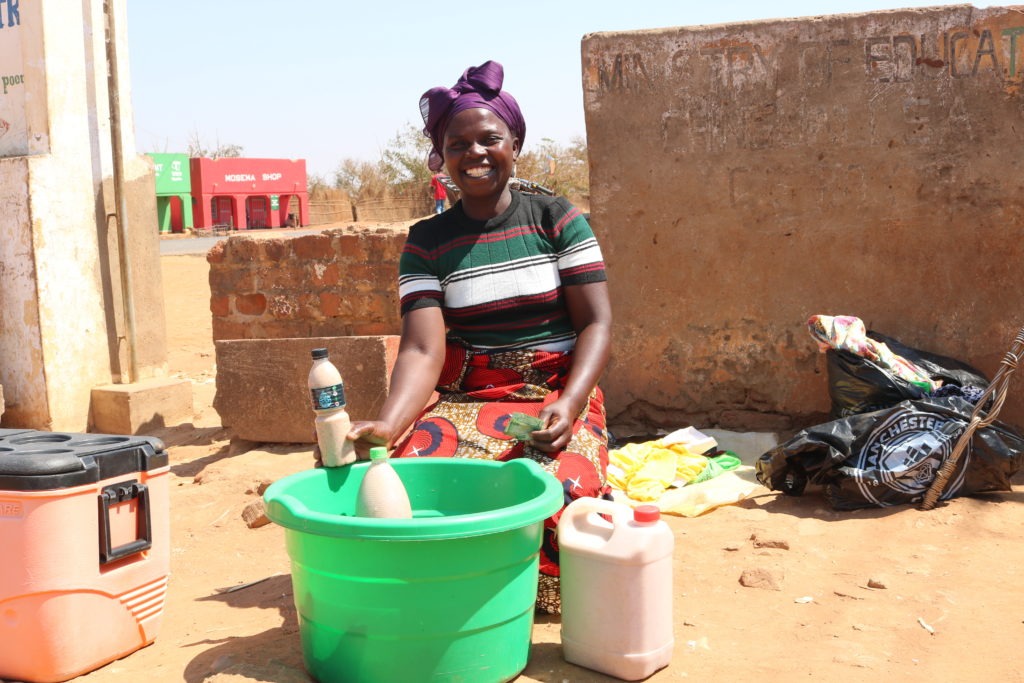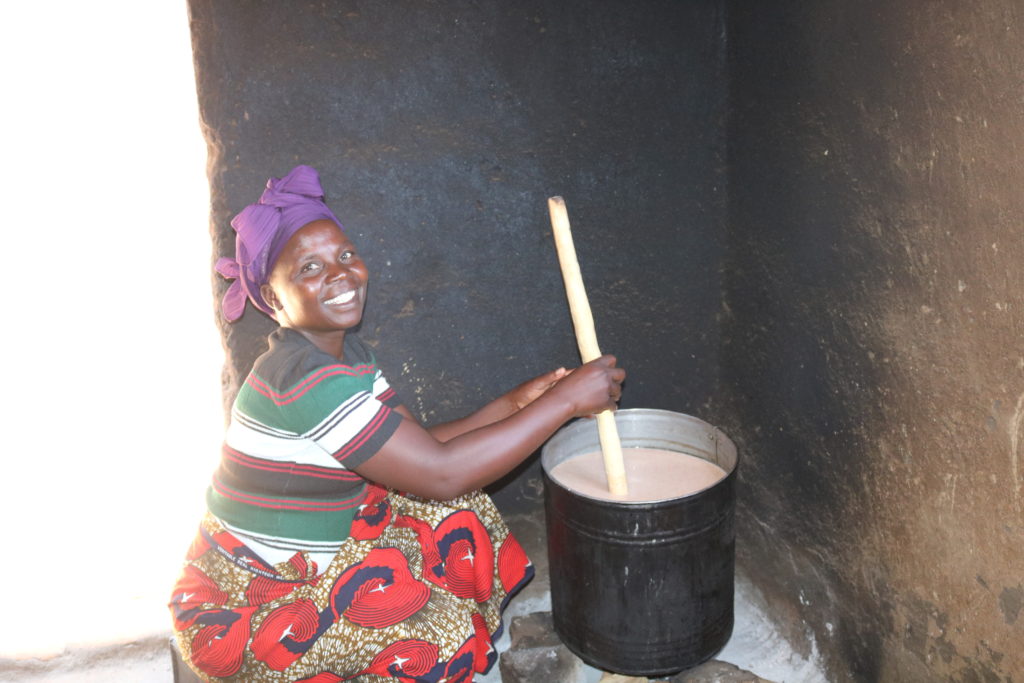How to Make Thobwa: Malawian Recipes



Everyone in Kasese knows Maness Nkhoma for the tasty thobwa she sells at Kasese Trading Center. Maness is a participant in the Orant Charities Africa Financially Empowering Microloans for Women Program. Want to learn how to make her thobwa? Keep reading!
“I love Maness’s thobwa,” says Shanif Aladi, one of Maness’ customers. “It’s delicious! And it gives me energy. My nature of work requires so much energy and a bottle of thobwa keeps me going.”
It’s made from fermented cornflour, sorghum, and water. It can be served hot or cold. Apart from being a yummy treat, thobwa is also a nutritious energy drink. It looks milky and has a cereal-like taste.

Day 1:
Day 2:
Maness finishes her preparation by pouring the thobwa into 500 ml bottles. She sells each bottle for 100 kwacha.
Before drinking thobwa, shake the bottle thoroughly. Otherwise, the maize and sorghum flour mixture will settle to the bottom.
Learn how to make nsima, Malawi’s staple food, here!
This is the excerpt, you should write 1-2 sentences about this blog post here
A delicious fried potato recipe direct from the tea rooms of Malawi, you will love this crispy snack!
Non-Communicable Diseases like asthma and heart disease can be deadly, and they affect a significant portion of the population in rural Malawi.